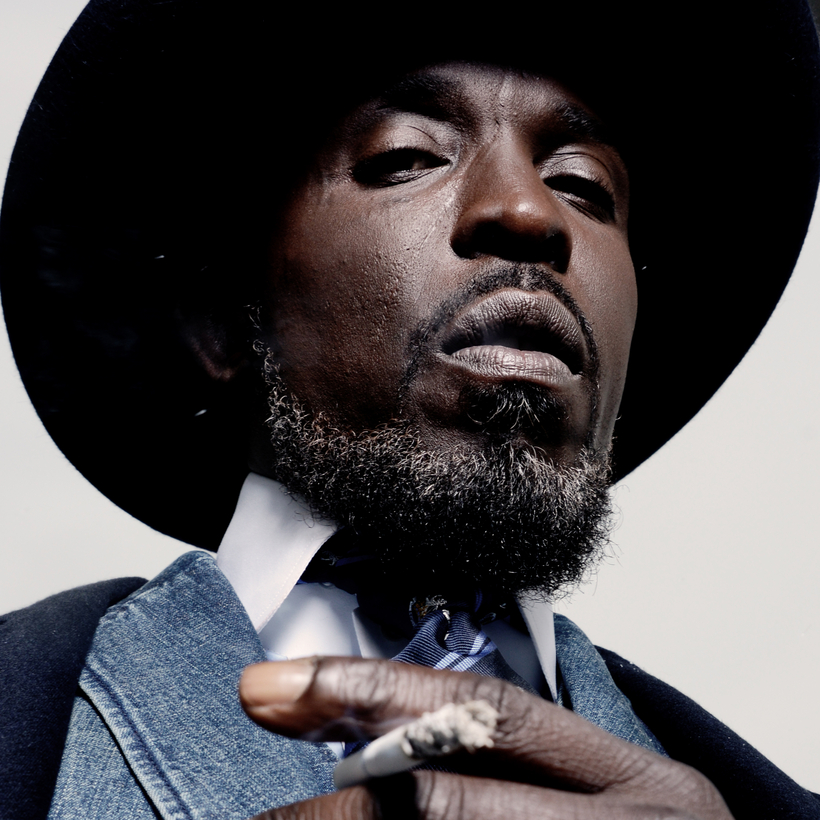Scenes from My Life: A Memoir by Michael K. Williams
with Jon Sternfeld
with Jon Sternfeld
Michael K. Williams, who played the proudly gay Baltimore stickup man Omar Little on the HBO series The Wire, died of an overdose—fentanyl-laced heroin—last September, a few months shy of his 55th birthday and a few months before he was due to turn in the manuscript of his memoir, Scenes from My Life.
His death infuses the book, already plenty moving, already plenty searing, with an extra measure of “what might have been” and “Mike, we hardly knew you” poignancy. “Way before I was anything or anyone, I was an addict,” Williams writes with characteristic bluntness in the memoir’s introduction. “That was my identity, what people thought of me, if they thought of me at all.”


